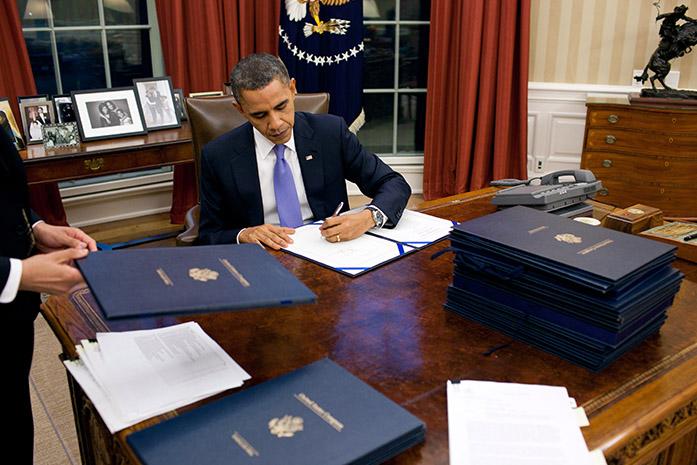Jace Brady
One weapon in the political arsenal of an elected executive, be it governor or president, is the executive order. Often heralded as bold demonstrations of power against legislative gridlock, the reality is recurrently an usurpation of democracy and a trail of laws established in a doddering foundation.
These executive orders are susceptible to judicial review and are frequently expunged from existence by subsequent administrations as easily as they were written. Though effortless to support when agreed with, vassals of these orders must discern that eventually someone will subject them to laws with which they will not concur.
Last week in a historically rare circumstance, a Republican was elected governor of Kentucky. Though this may seem inconsequential to many, it has great repercussions to thousands who have recently received Medicaid benefits. Gov. Steve Beshear implemented this expansion of benefits, an optional facet of the Affordable Care Act, into law under executive order after the state Legislature failed to pass a law that would expand the program. The next governor, Matt Bevin, can now easily argue that this expansion was against the will of the voters, as established by the gubernatorial election results, and overturn it with an executive order of his own. While still possible, this action would have been much more arduous had this law been passed through legislative channels. Now, the health of thousands of Kentuckians is subject to the mercy of a governor and his pen.
President Obama has also encountered the peril of enacting executive orders. In 2014, he attempted to shield millions of undocumented immigrants from deportation through executive action. However, federal judges have blocked the implementation of this law and have refused to allow temporary legal status to be granted to these immigrants. Even if a judge ultimately rules in the president’s favor, it will likely take years and millions of dollars in ongoing litigation. While legislative gridlock can be frustrating, legislation remains the most effective way to enact laws that reflect the desires of the electorate and avoid costly impediments to implementation.
Of course, Iowa is not immune to the repercussions of executive orders. To the chagrin of many, Gov. Terry Branstad overturned the decision of the previous administration to adopt Common Core education standards in Iowa in 2013. Regardless of one’s beliefs about Common Core, the totalitarian decision should concern all citizens of Iowa as an abuse of power. It is frightening that what our children are taught is pronounced by a sole ruler under the guise of political expediency.
Though a place for executive orders surely exists in any administration, we should be wary of when and how they are being used. The intention was never to preempt the legislative process because it became too onerous. As we shortly enter an election year, all politicians seeking an executive position should be judged not only on their political views but also on a reluctance to govern through executive order.



